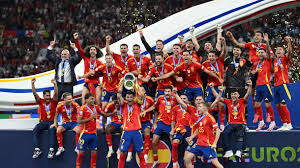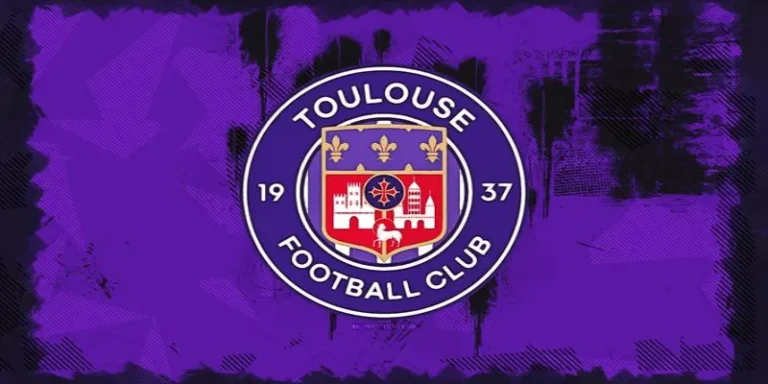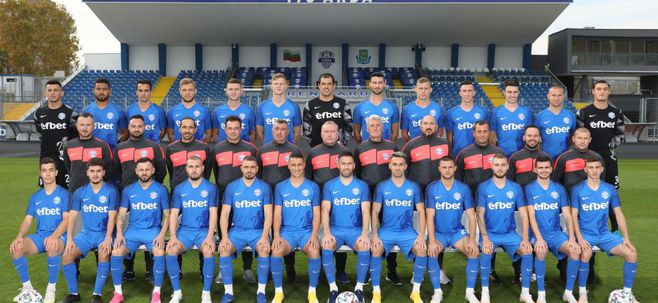
European Union Championship
Diversity in sports disciplines grew as well, with various events being introduced, attracting a broader audience and encouraging youth engagement. The overall narrative of the European Union Championship became one of resilience, adaptation, and growth, fostering a sense of belonging among competing nations okvip.
The Impact of the European Union Championship on National Identity
The European Union Championship doesn’t simply facilitate athletic excellence; it plays a significant role in shaping national identities. Sports have the power to evoke strong feelings of pride and belonging among citizens, transforming individual athletes into national heroes.
National Pride and Unity
National pride is often at its zenith during the European Union Championship, where citizens rally behind their representatives. The competition becomes a stage for nations to display their strengths, and victories are celebrated as collective achievements.
When a team triumphs, it transcends mere sporting accomplishments. The victory resonates throughout the populace, instilling a sense of unity and purpose. Citizens momentarily put aside their differences, celebrating their shared heritage and aspirations. The European Union Championship thus fosters social cohesion, reminding individuals of their common bonds.
Additionally, the stories of athletes become intertwined with the narratives of their nations. From humble beginnings to overcoming adversity, athletes symbolize resilience and ambition, serving as inspiration for younger generations. Their successes ignite a passion for sports and encourage participation at grassroots levels.
Cultural Exchange and Representation
The European Union Championship also serves as a canvas for cultural exchange. Each nation brings its traditions, music, cuisines, and languages to the event, creating a rich tapestry of experiences. This cultural representation enhances the overall atmosphere, making the championship not just about winning, but also appreciating diversity.
As athletes interact with fans and other competitors, they become ambassadors for their countries, showcasing unique characteristics and fostering mutual respect. By engaging with people from different backgrounds, both athletes and supporters gain insights into various ways of life, contributing to a more interconnected Europe.
Cultural festivals accompanying the championship highlight the importance of inclusivity, with food stalls, performances, and art displays offering a glimpse into each participating nation’s heritage. Such experiences enrich the championship, reinforcing the idea that while competition is paramount, cultural appreciation is equally vital.
Economic Influence of the Championship
The economic impact of the European Union Championship cannot be understated. Hosting such a prestigious event translates into substantial financial benefits for the host country.
Tourism sees a significant boost, with visitors flocking to witness the competition. Hotels, restaurants, and local businesses thrive as fans travel to support their teams, adding to the vibrancy of the host city or country. For many cities, the European Union Championship provides an opportunity to promote themselves on an international stage, driving long-term tourism and investment.
Furthermore, increased media coverage generates enormous revenue through sponsorship deals and advertising. Brands associated with the championship leverage the heightened visibility to strengthen their market presence. This influx of funds can subsequently be invested in local sports infrastructure, nurturing talent for future generations.



